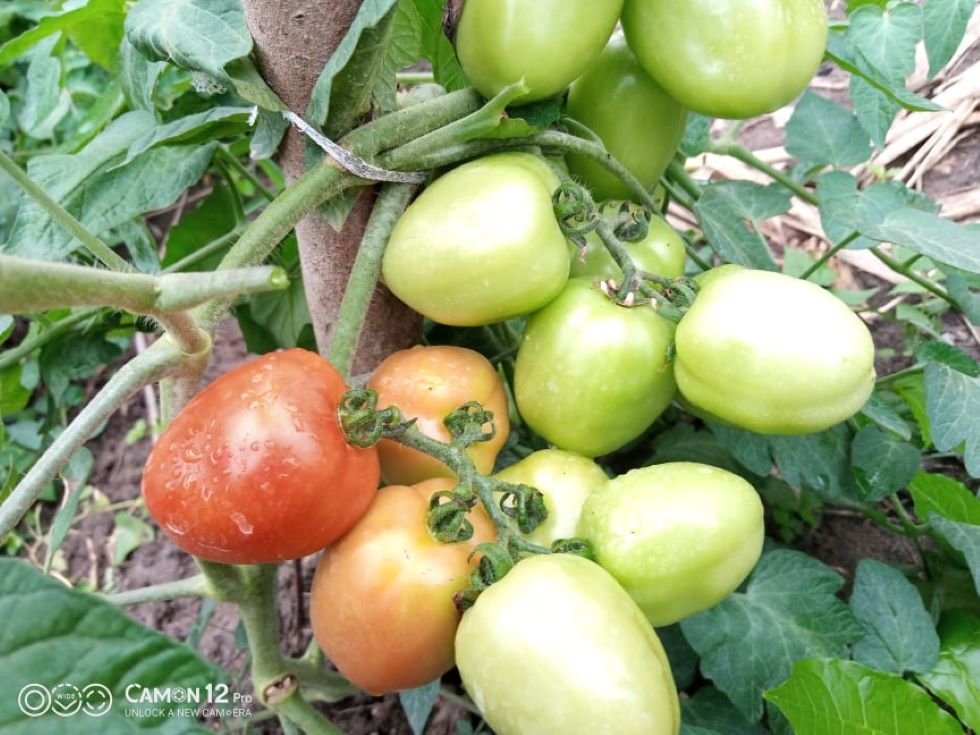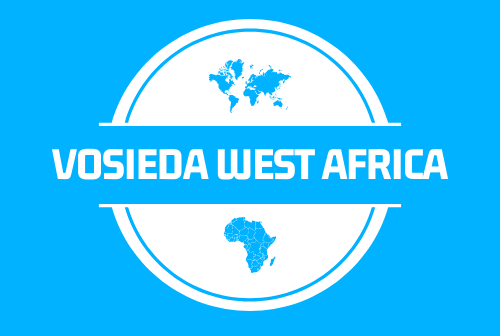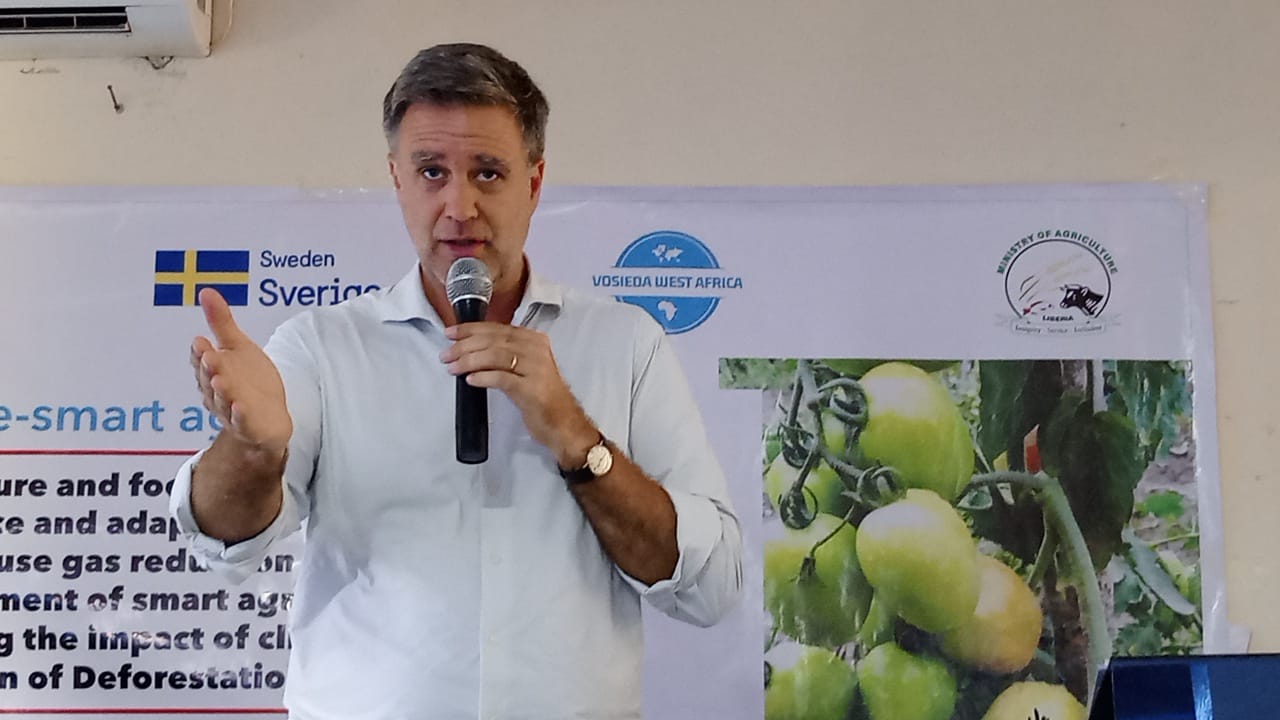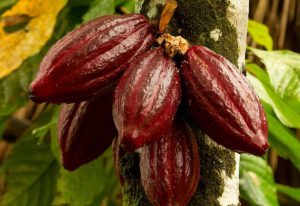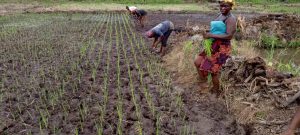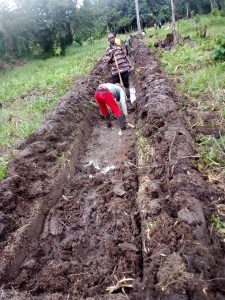More productive and resilient smallholder agriculture requires a significant shift in how small-scale farmers manage water, soil, nutrients, and other agricultural resources. Low-carbon techniques can track and quantify carbon, water, and nutrient movement and their dynamics under diverse agroecosystems to improve smart-agricultural practices.
Smallholder farmers need help to develop climate-smart agricultural practices that they can adapt to and mitigate the impacts of climate change. And agriculture practices that have the potential to increase food production. Natural resources, such as land, water, soil, and genetic resources, must be better managed to foster productive and resilient agriculture.

To achieve the above condition in Liberia, VOSIEDA is partnering with Sweden through its Embassy in Monrovia to optimize and strengthen the capacities of small-scale farmers in low-carbon agriculture techniques while supporting more climate-smart crop production practices and better preservation of natural resources.
A coalition mobilized by VOSIEDA West Africa, involving the sixty (60) smallholder farmer’s organizations together with national institutions like the Ministry of Agriculture, Environmental Protection Agency of Liberia (EPA), the Ministry of Internal Affairs, and other partners will deliver an integrated set of technical services that will help to advance key Sustainable Development Goal targets, especially in SDG#1 for No Poverty and SDG#2 for No Hunger.
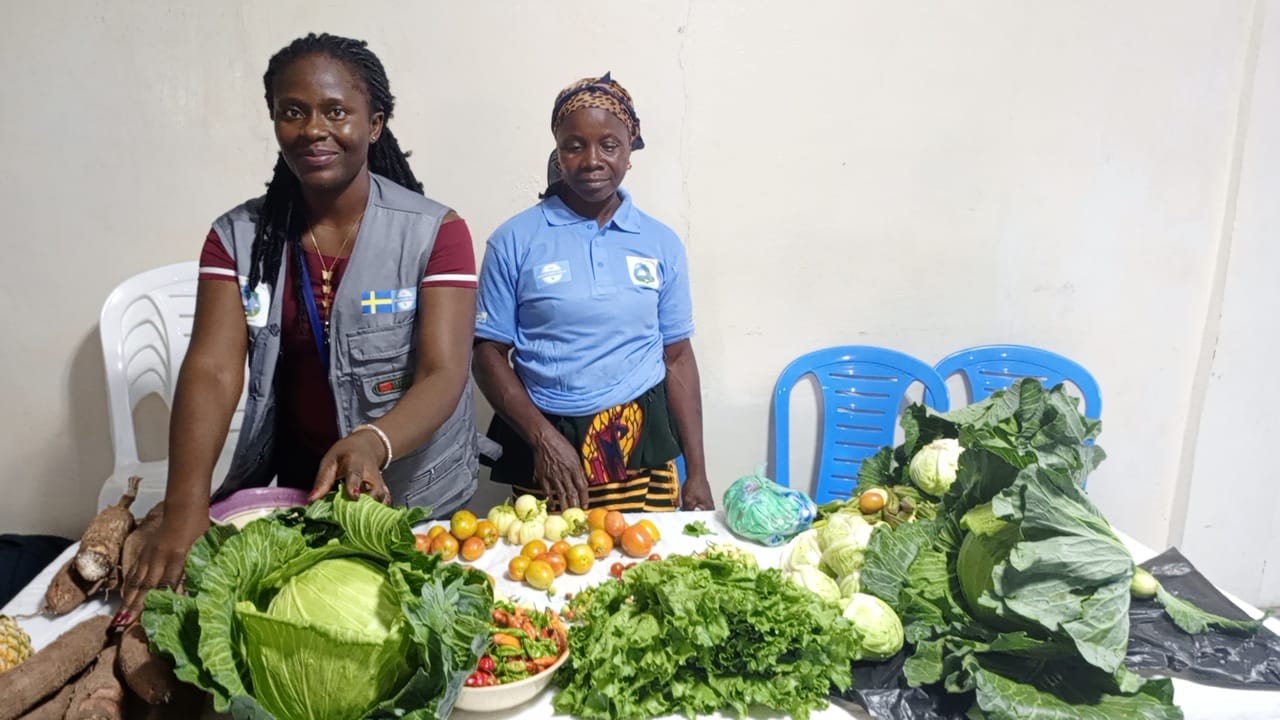
The program will ensure that best practices from pilot climate resilience initiatives are nurtured with the support of many partner organizations. It will scaled-up climate-smart practices to meet the Government of Liberia’s targets on adapting its economy and small-scale farmers to climate change impacts.
Sweden funds this program through its Embassy in Monrovia and is implemented by VOSIEDA and other partners.
The program supports an integrated approach to managing landscapes — cropland, livestock, and forests to address the interlinked challenges of food security and accelerating climate change. It has three outcomes:
1. Increased productivity: Produce more and better food to improve nutrition security and boost incomes for at least 21,000 poor small-scale farmers living in rural northern regions and mainly rely on agriculture for their livelihoods.
2. Enhanced resilience: Reduce vulnerability to drought, pests, diseases, and other climate-related risks and shocks; and improve capacity to adapt and grow in the face of longer-term stresses like shortened seasons and erratic weather patterns.
3. Reduced emissions: Pursue lower emissions for each calorie or kilo of food produced, avoid deforestation from agriculture, and identify ways to absorb carbon from the atmosphere.
